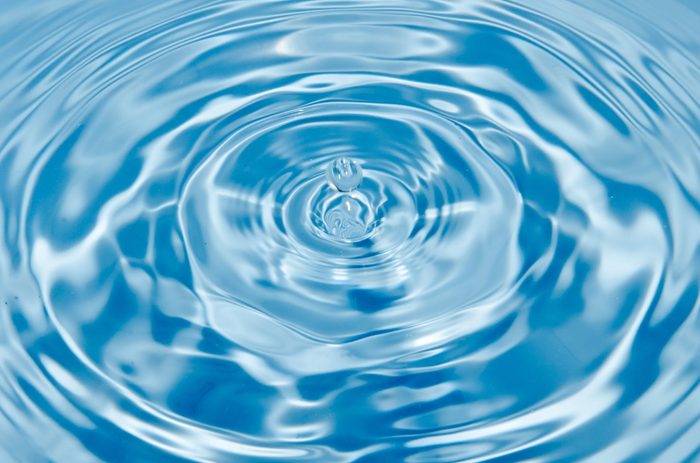
Water is the essence of life, making up nearly 60% of the human body’s composition. According to the Mayo Clinic, proper hydration ensures essential body functions all run smoothly—such as nutrient transportation, body temperature regulation, and joint lubrication, just to name a small handful. However, some dietary choices can rob us of this critical resource, leading to dehydration.
Dehydration occurs when the body loses more fluids than it takes in, which disturbs the balance of minerals in the body. This imbalance can result in fatigue, muscle cramps, and even more severe health complications.
Below, we explore seven consumables that can contribute to dehydration. Also find simple substitutions for healthier choices, all rooted in scientific research.
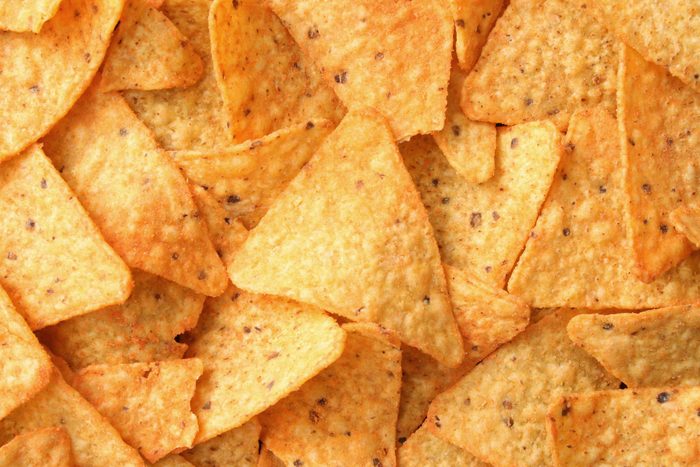
1. Processed foods
We’ve all fallen into the salty snack trap: One handful of chips turns into two, then three, and before we know it, we’re nearing the bottom of bag.
High-sodium foods like chips, pretzels, and popcorn (not to mention other foods you didn’t know were high in salt) increase your body’s need for fluids. This is due to the role sodium plays in regulating your body’s fluid balance. Too much of it can trigger a state of dehydration, even if you’re drinking plenty of water.
To combat this, try to opt for lower-sodium versions of your favorite snacks—or better yet, switch to fresh fruits and vegetables when you’re in need of a crunchy snack. These will help replenish your body’s water supply, as well as provide vitamins and minerals that can help fend off conditions like heart disease and cancer.
Eating This Every Day Could Damage Your Brain Health, Says New Study
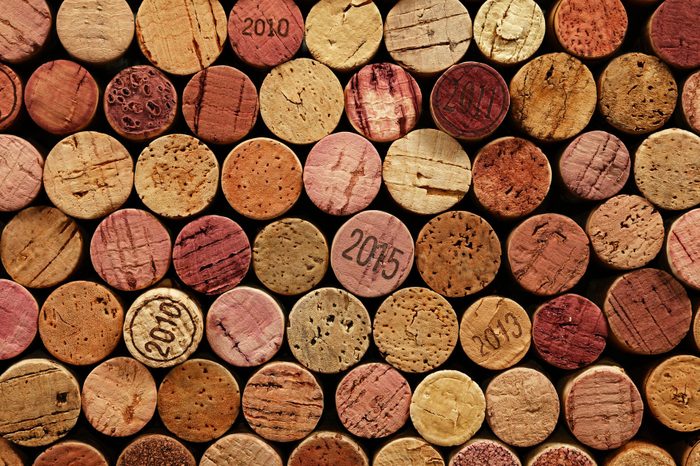
2. Alcohol
A cold beer or a glass of wine may seem like a refreshing way to unwind on a scorcher kind of day. The truth is that alcohol acts as a diuretic, leading your body to lose more fluids than you take in—in part because your system is trying to expel the unhealthy ingredients in your drink. So, that seemingly satisfying sip can fast-track you to dehydration.
To prevent this, alternate each alcoholic beverage with a glass of water or pour a generous amount of sparkling water into your cocktail or wine glass to get a little more H2O as you imbibe. Another easy tip is to avoid drinking alcohol in the sun or when it’s super hot, as you’re already at risk of dehydration due to sweating (and a not-so-fun sun headache).
This Is the Alcoholic Drink That’s Least Harmful to Your Liver, Says a Liver Doctor
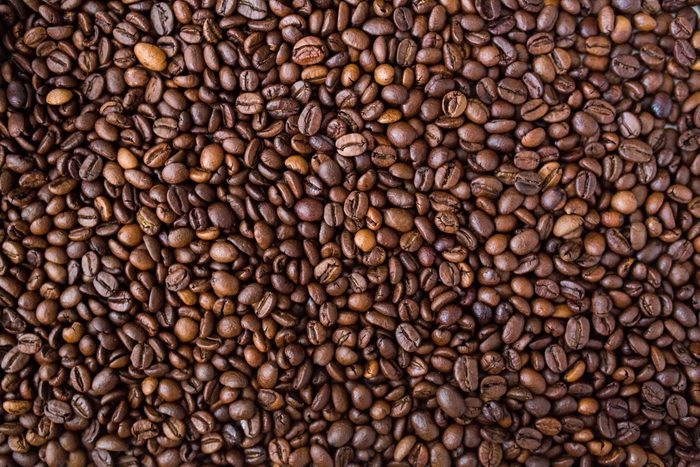
3. Caffeinated drinks
With September 2022 data from market research firm YouGov suggesting 75% of Americans drink coffee, it’s probably safe to say our mornings run on caffeine.
Whether it’s your morning latte or an energy drink, caffeinated beverages do more than just perk you up. They also act as diuretics, leading to increased urination and fluid loss, leaving your body in a potential state of dehydration…especially when you consume them in large quantities. “High doses of caffeine taken all at once may increase the amount of urine the body makes,” explains registered dietitian Katherine Zeratsky, RD, LD, with the Mayo Clinic. Zeratsky adds: “This is more likely if you aren’t used to caffeine.”
That’s not to say there aren’t some potential health benefits to coffee and tea. Just remember to sip on plenty of water throughout the day—and before you pour that morning mug, consider hydrating with a big glass of water to replace the water your body loses when you sleep.
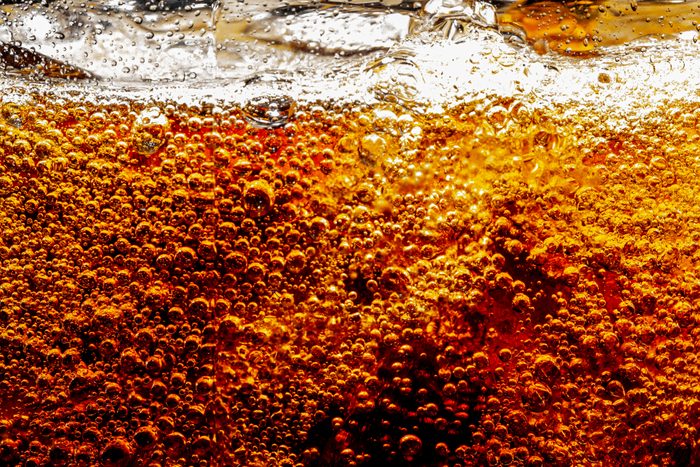
4. Sugary drinks
It may seem counterintuitive—after all, don’t you drink a soda, a bottled iced tea, or some juice to quench your thirst? What you need to watch out for is their high sugar content.
Our bodies require more water to process sugar, meaning these sweet treats can actually pull water from your body rather than replenishing your fluids. Here’s a tip: Infuse your water with fruit like raspberries, passion fruit, mango or pineapple for a refreshing, healthy twist. (Our editors love the infusion water bottle in this round-up of self-care gifts.)
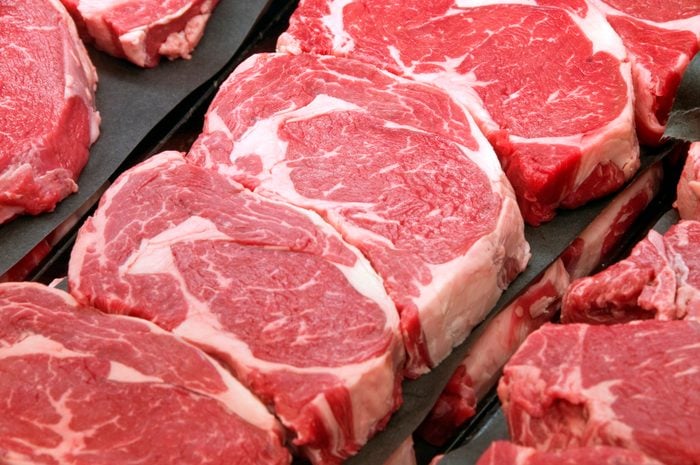
5. High-protein diet
While proteins are essential for building and repairing tissues, a protein-rich diet can strain your kidneys, requiring more water to eliminate waste products. This could lead to dehydration if you’re not sufficiently compensating with water.
Try to balance your meals with fruits and vegetables, which have high water content.
The 3 Best Hydrating Beverages That Aren’t Water, from a Certified Sports Dietitian
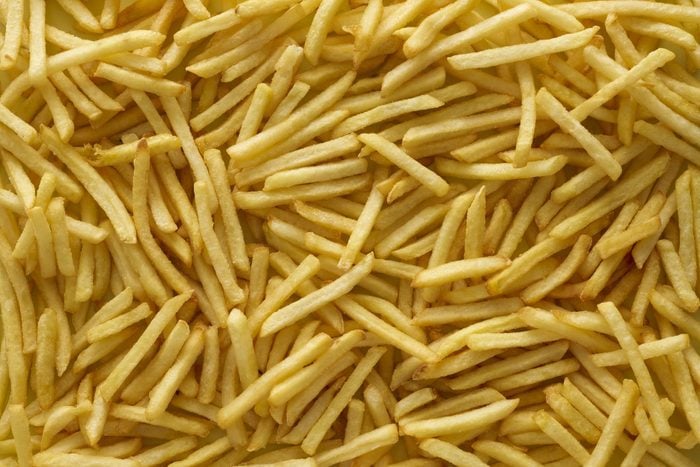
6. Fried foods
We know: Fried foods can be uber-tempting. They’re also high in fat and often, sodium—requiring a significant amount of water to metabolize, thus increasing your body’s demand for fluids.
If you’re relaxing with a summertime lunch, opt for cole slaw, sautéed veggies, or a different side than those fries.
The 5 Healthiest Concession Stand Foods, According to a Certified Nutrition Coach
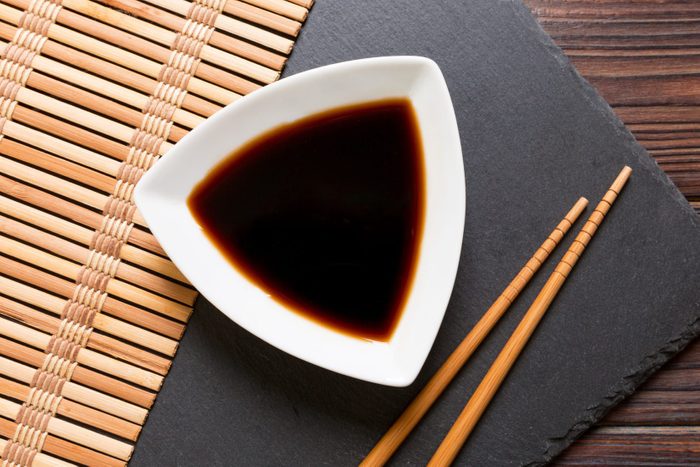
7. Soy Sauce
Soy sauce may give your meals an umami boost, but it’s extremely high in sodium. Even a small amount of soy sauce can cause a significant increase in your sodium intake, thus leading to an increased need for fluids and potentially causing dehydration.
Use soy sauce sparingly, and reach for low-sodium versions when they’re available. You could also try other flavorful yet lower-sodium alternatives, like herbs, spices, and vinegar.
For more wellness updates, subscribe to The Healthy @Reader’s Digest newsletter and follow The Healthy on Facebook, Instagram, and Twitter. Keep reading:

